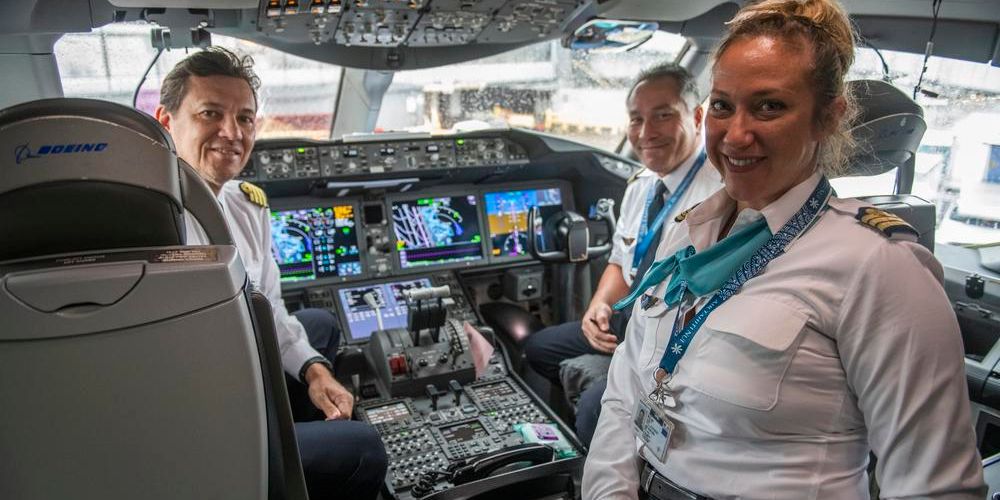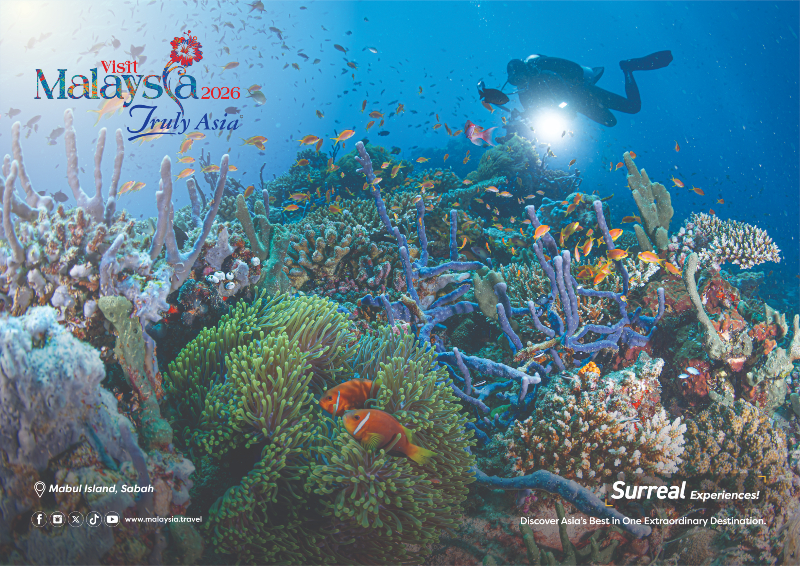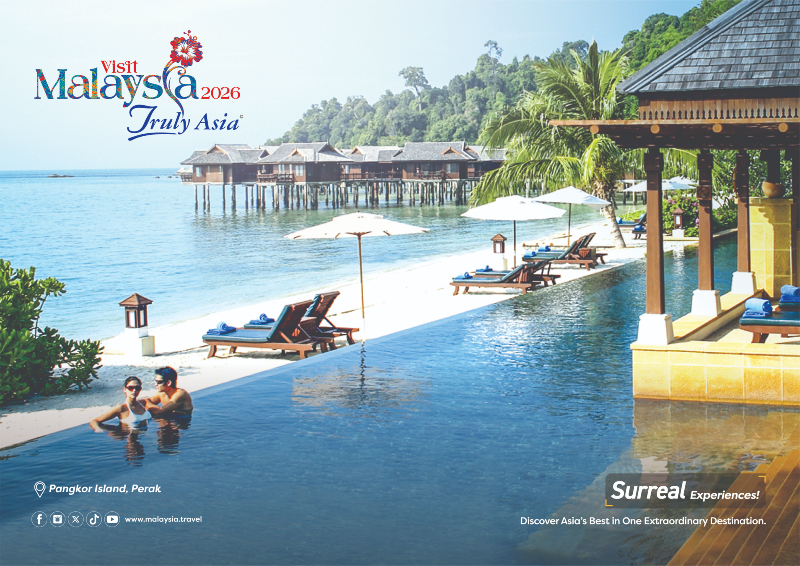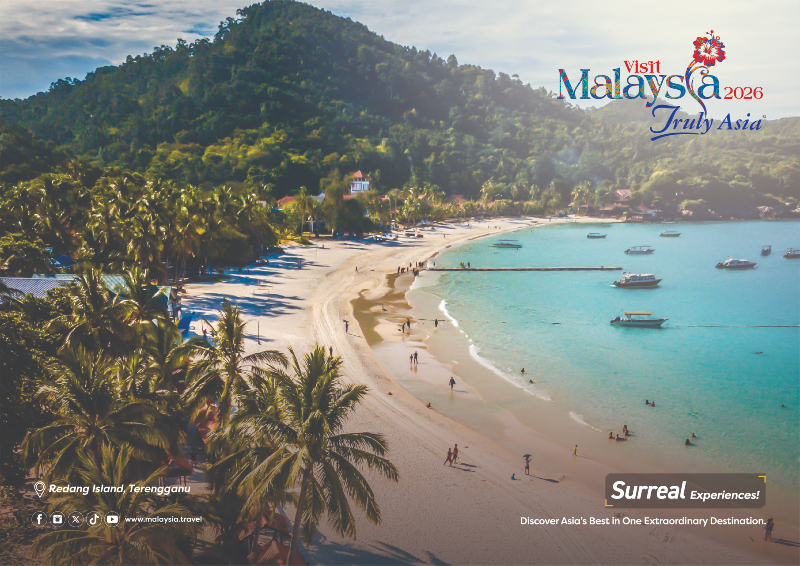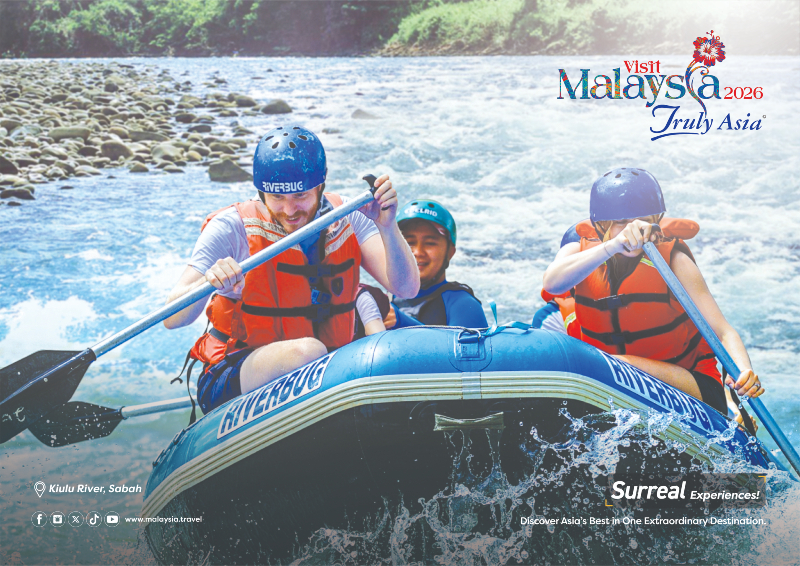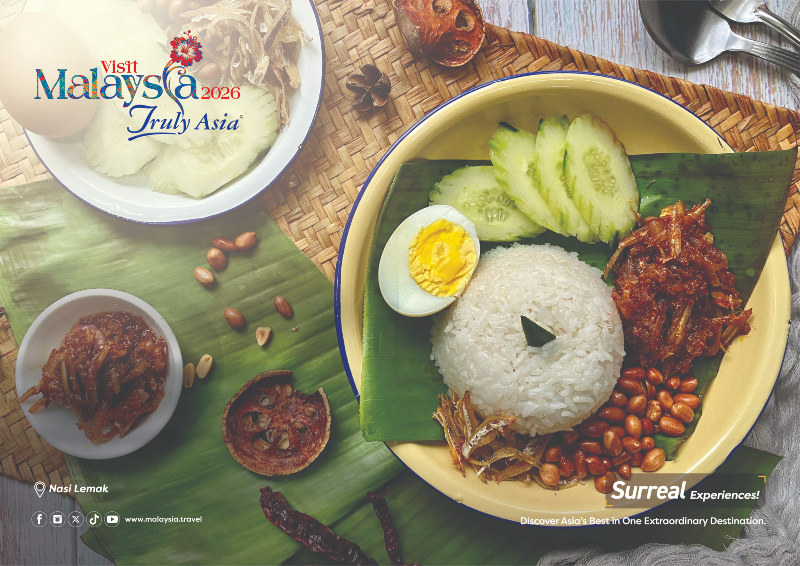Q; Heirangi, thanks for your time. Why did you want to become a pilot?
A: As far as I can remember, it all started because my dad’s biggest childhood passion was also to fly. When he met my mom, she was already a flight attendant for UTA, the international company based in Tahiti, and travelled around the world on DC10’s.
An early tradition for my dad and I was to wait for my mom’s aircraft at the end of runway 22 and waive it goodbye as it departed or welcome it as it landed back home to our fenua.
It was kind of magical because at this unique spot we could feel and smell the full power of this big bird. There was a huge, old, magnificent flame tree whose flowers fell like rain as the plane passed in front of us.…unfortunately the flame tree doesn’t exist anymore.
I think it all started from there, the call to travel and the fascination that I felt at that moment for this impressive machine.
Growing up I watched my father, who was a pilot for the local airline Air Tahiti, and all the trips I was lucky enough to take with my mother. All of this formed and strengthened my desire to pursue this career.
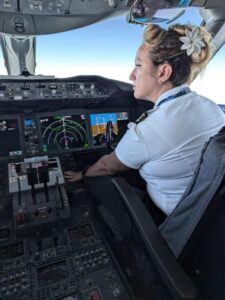 Q: Has it been the career you hoped it would be and has it been hard to succeed?
Q: Has it been the career you hoped it would be and has it been hard to succeed?
A: This is exactly the career I dreamed of and I wouldn’t have done it any other way.
I wouldn’t say it was difficult but rather trying because when you have to finance such expensive studies yourself, the pressure can sometimes be significant.
In my case, I finished my studies in 2008, exactly at the time of the stock market crash, which had a big impact on recruitment in airlines around the world.
However, all my efforts and sacrifices paid off. They finally allowed me to get exactly where I wanted to go, to come back and work at home in my country for the local international company. It was worth it.
Q: What have been your career highlights thus far?
A: There have been many important moments for me throughout my 16-year career.
If I had to name a few, it would be when I first obtained my pilot licenses in 2008 and the moment when I chose to do a type rating on the A320.
This meant that I would not be able to return to French Polynesia straight away since there was no such aircraft back home, so I had to start my career in Europe.
I finally started it in Tunisia, a country where the culture was the complete opposite of mine. I spent a superb professional year there, trained by superb instructors and I learned a lot about my job within the local company.
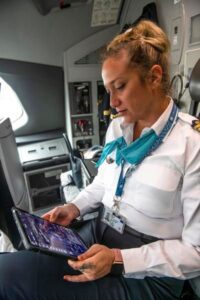 The riots at the end of 2010 forced me to leave the company and return to France. I immediately joined XL Airways, based in Paris CDG. I spent six months there experiencing charter flights and other destinations in Europe.
The riots at the end of 2010 forced me to leave the company and return to France. I immediately joined XL Airways, based in Paris CDG. I spent six months there experiencing charter flights and other destinations in Europe.
Unfortunately I had to leave because the company changed its aircraft type from A320 to B737. Luckily, another opportunity presented itself at the same time.
After a selection process, I was able to take off on a completely different adventure – flying to Asia for an Australian low-cost company, Jetstar Asia, based in Singapore.
A wonderful life and professional experience, it was my first permanent contract as an airline pilot. How grateful I was!
So during those five years I was able to increase my flight hours and improve professionally, which allowed me to pass selection for Air Tahiti Nui in 2014.
That same year my dream was achieved – to return home to Polynesia and work for the local international company.
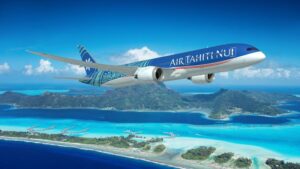 Q: How important is it to you to encourage more Polynesians to become airline pilots?
Q: How important is it to you to encourage more Polynesians to become airline pilots?
A: It is important to me in the sense that it’s one of the jobs that can give you the opportunity to travel around the world.
It’s also a job that allows you to have another vision of this world too, that we are not alone in the middle of the Pacific Ocean, that elsewhere there are other superb cultures with a rich history that have shaped the current world.
In my opinion we have the most beautiful office in the world, but it remains an office that involves a lot of risk that we are not necessarily aware of when we grew up on an island that is lucky to live to the rhythm of only two seasons, where the weather is warm 90% of the year and where people welcome you with wreaths of flowers when you arrive.
Q: How will the aviation industry look in the next five years?
A: I dare to believe that the aviation industry will remain important in the coming years and that safety will gradually increase.
The 2020 pandemic demonstrated the importance of travel for everyone, the importance of being able to change “airs”, “horizons” and the importance of taking real breaks from everyday life.
No one likes to feel locked in. We don’t need to go very far – even just a one-hour flight is enough, but it remains necessary for everyone.
That’s why, at the end of the pandemic, we saw a significant increase in travel departures even though it had affected family incomes. So I think that today everyone has realised that thanks to aviation the doors of the world have been opened to us.
Thus, the future of aviation is assured and that thanks to the rapid evolution of technology, we could expect performance to improve, but above all safety, because inevitably other different issues could arise. I still wish us a bright future ahead.
Q: Finally, what are some of your favourite places in Tahiti?
A: In Tahiti my favourite one is Moorea, Tahiti’s sister island as we call it.
The moment you disembark from the ferry (it’ll take 45 min by ferry to reach the island) it seems the time has stopped. You can instantly feel the peaceful energy of this island – there is no traffic jam, people seem to live at the wind’s rhythm.
Even if you only have two or three days, it is enough to stay there, recharge your body with positive vibes and return to work fully recharged.
